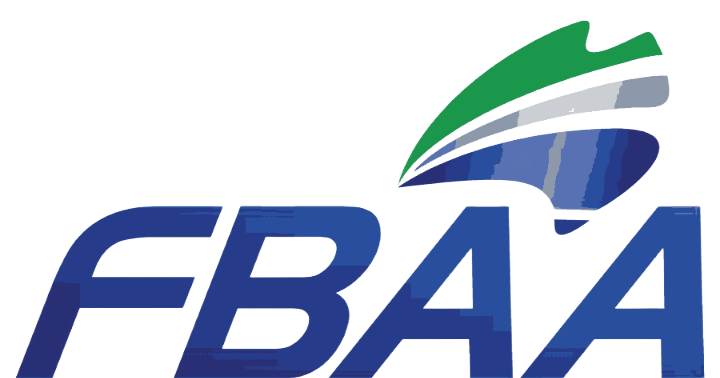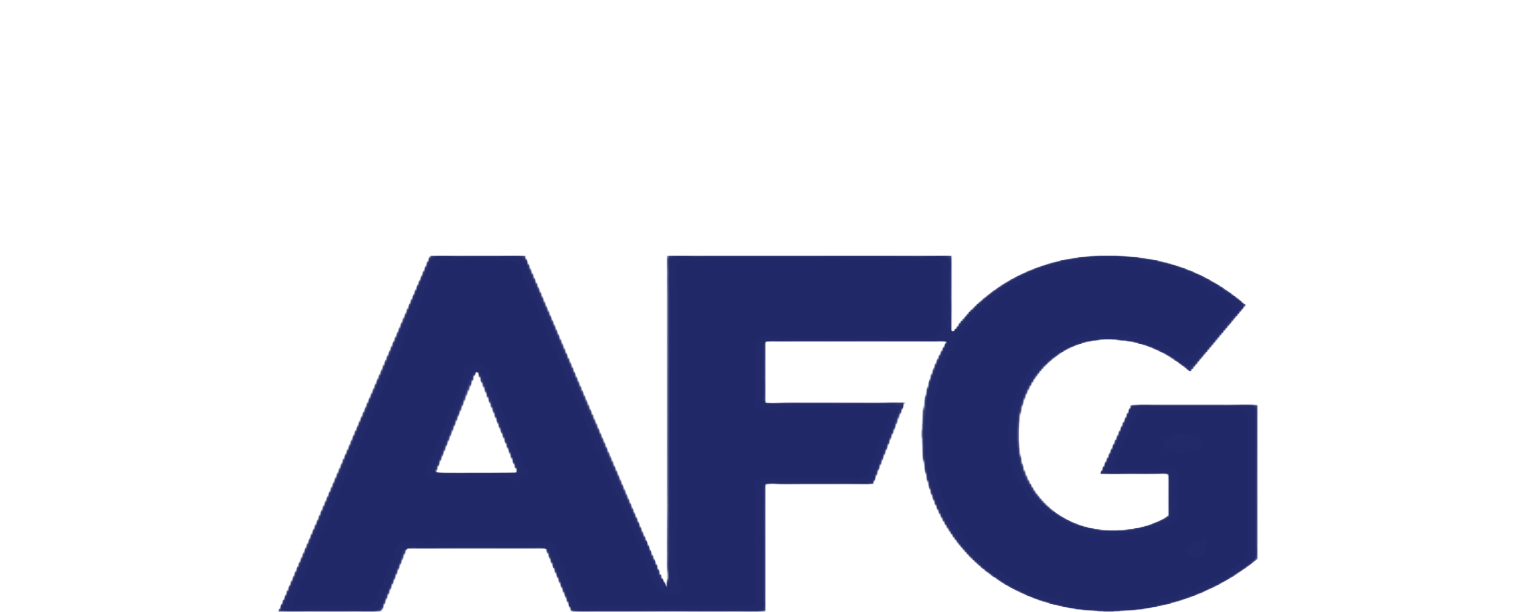A mortgage broker is a qualified professional who helps individuals and businesses find suitable mortgage products from a panel of lenders. They provide advice and assistance throughout the mortgage application process.
Mortgage brokers have access to a wide range of lenders, including major banks, credit unions, and non-bank lenders. They can help you compare different loan products and find competitive rates tailored to your needs.
Mortgage brokers are usually paid commissions by lenders for successful loans, and some may charge fees to borrowers. These arrangements are disclosed upfront, ensuring transparency in the transaction.
Typical documents include proof of income (pay slips, tax returns), identification (passport, driver's license), bank statements, and details of existing debts. Requirements may vary among lenders.
The amount you can borrow depends on factors such as your income, expenses, credit history, and the lender's criteria. Mortgage brokers can assess your financial situation to determine a suitable borrowing amount.
Common mortgage types include variable rate mortgages, fixed-rate mortgages, interest-only loans, and package loans that bundle additional financial products with the mortgage.
The timeline varies but typically takes a few weeks from application to settlement. Factors affecting timing include lender processing times, property valuations, and document verification.
It's possible to obtain a mortgage with less-than-perfect credit, but options may be limited. Some lenders specialise in bad credit mortgages, and a mortgage broker can help you find suitable options.
Mortgage pre-approval involves a lender assessing your financial situation and determining the maximum amount you can borrow. It gives you confidence when house hunting and strengthens your offer when making an offer on a property.
Refinancing is the process of replacing an existing mortgage with a new loan, typically to obtain better terms, lower interest rates, or to access equity in the property. You might consider refinancing if interest rates have decreased since you took out your original loan, if your credit score has improved, or if you want to consolidate debts or renovate your home.
Costs may include application fees, valuation fees, discharge fees for your current mortgage, and potentially legal fees. Your mortgage broker can provide a breakdown of these costs upfront.
Borrowing capacity is determined by factors such as your income, expenses, existing debts, credit history, and the lender's assessment criteria. A mortgage broker can help you understand how these factors influence your borrowing capacity.
You may be able to increase your borrowing capacity by reducing existing debts, increasing your income, or improving your credit score. Your mortgage broker can provide guidance on steps to enhance your borrowing capacity.
An offset account is a transaction account linked to your mortgage. The balance in this account offsets the principal loan amount, reducing the interest charged on your mortgage.
By reducing the interest payable on your mortgage, an offset account can potentially shorten your loan term and save you thousands of dollars in interest payments over time.
Some lenders may charge fees for offset accounts, such as monthly account-keeping fees. However, the interest savings typically outweigh these costs.
A redraw facility allows you to withdraw additional repayments made on your mortgage. It provides flexibility by allowing you to access these funds if needed, such as for emergencies or renovations.
Funds deposited into your mortgage account beyond the required repayments can be withdrawn through the redraw facility, subject to any minimum withdrawal amounts and terms set by your lender.
Some lenders may have minimum redraw amounts or limit the frequency of withdrawals. It's essential to review the terms and conditions of your loan with your mortgage broker.
In Australia, a first-time home buyer is someone who has never owned residential property in Australia or who has never received a first home buyer grant or duty concession in any state or territory of Australia.
First-time home buyers may be eligible for various government incentives, such as the First Home Owner Grant (FHOG) or stamp duty concessions. Eligibility criteria vary by state and territory.
Generally, first-time home buyers need a deposit of at least 5% to 20% of the property's purchase price, depending on the lender's requirements and whether they qualify for lenders mortgage insurance (LMI).
As a first-time home buyer, it's essential to assess your borrowing capacity, research available government incentives, compare mortgage options with your broker, and conduct thorough inspections of potential properties.





